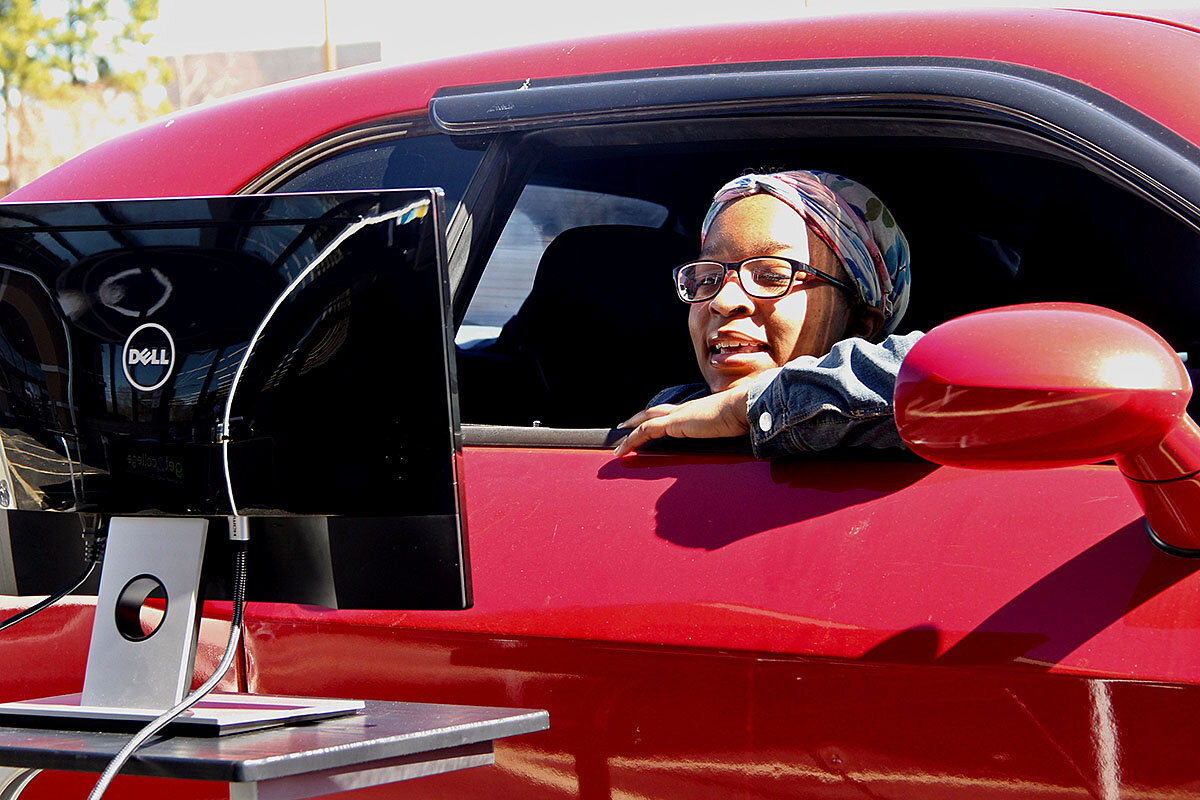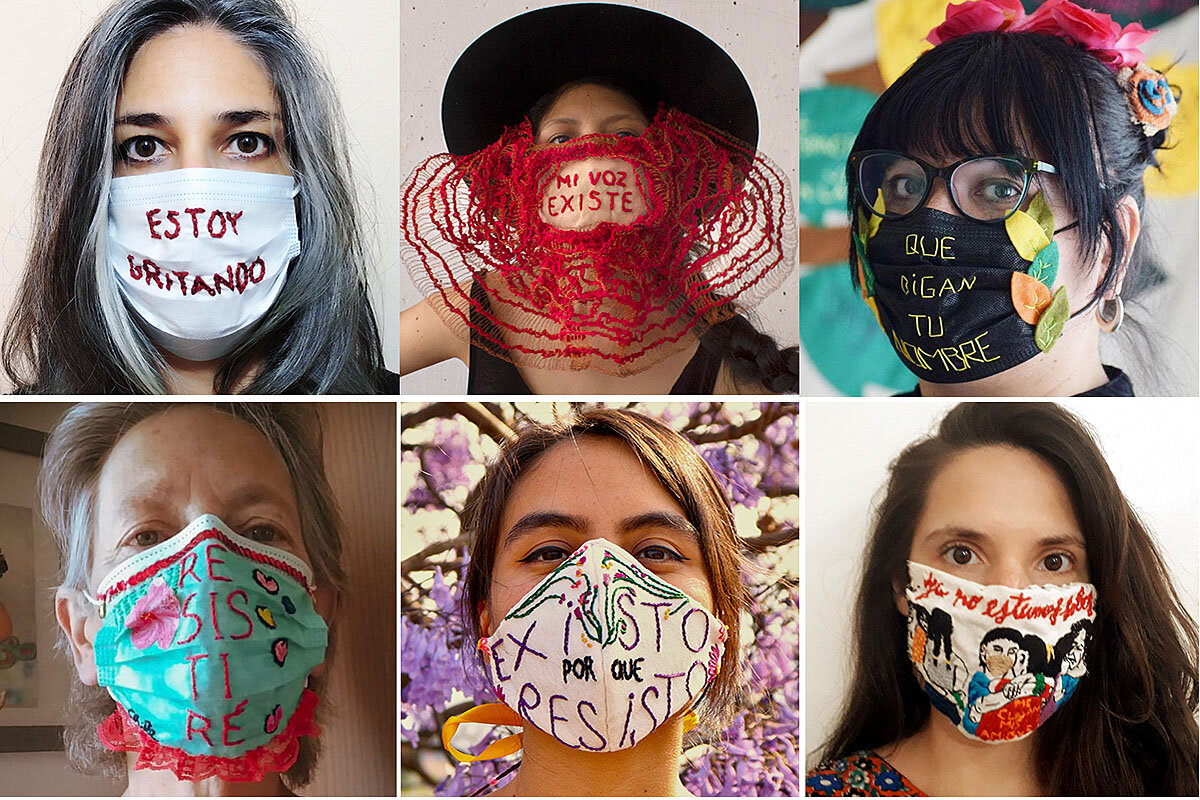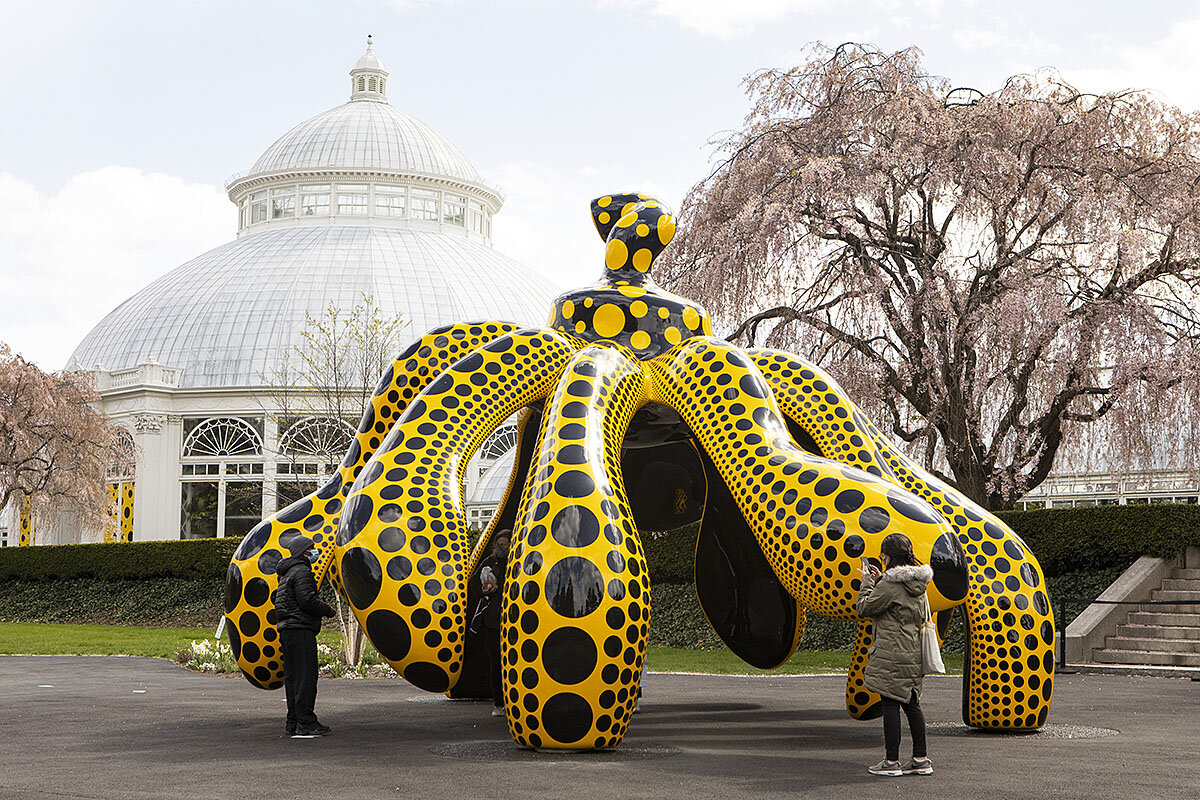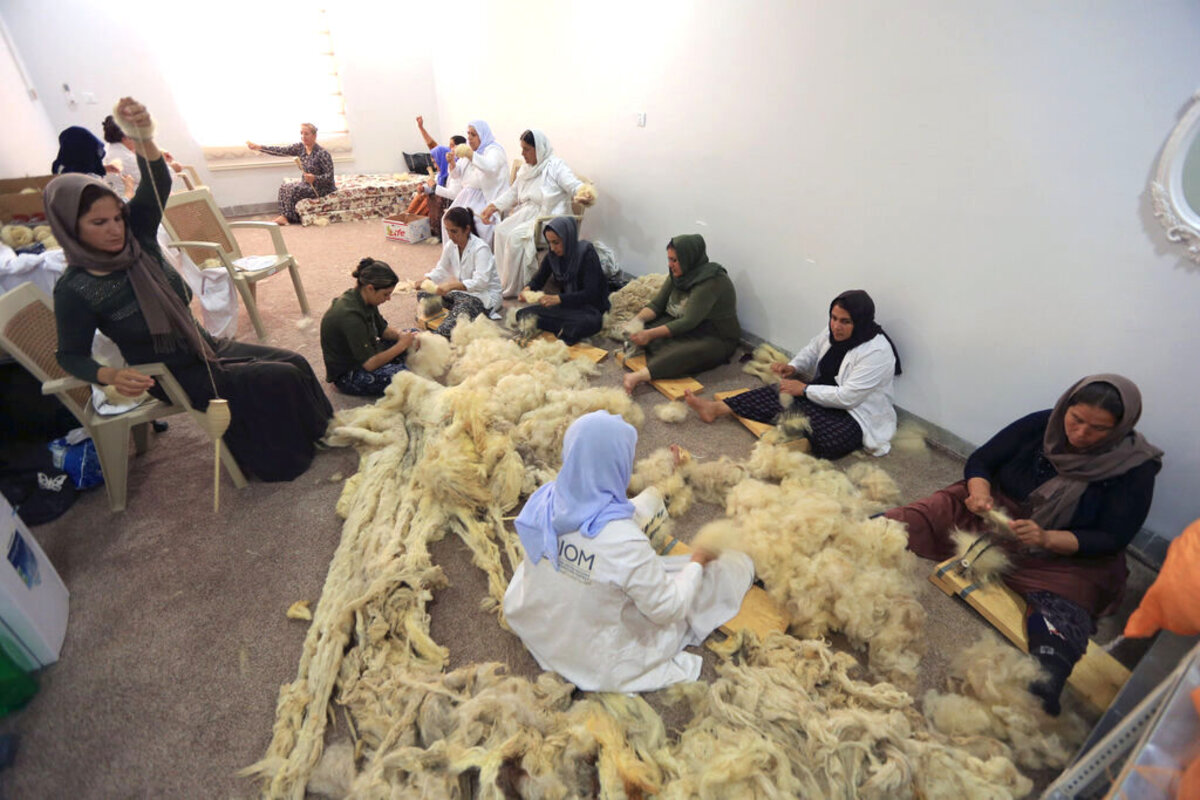The Trump loyalty test continues to play a key role in the Republican Party, and that allegiance appears to be based on a foundation of falsehoods.
Monitor Daily Podcast
- Follow us:
- Apple Podcasts
- Spotify
- RSS Feed
- Download
 David Clark Scott
David Clark Scott
Joshua Nelson worked hard to get into college.
The senior at St. Charles West High School has excellent grades and is a three-year varsity basketball player, a huddle leader for Fellowship of Christian Athletes, a member of the National Society of Black Engineers, president of his school’s Multicultural Achievement Committee, and a tutor at the Boys & Girls Clubs of St. Charles County.
So, it’s not too surprising that last week he was awarded a full ride to Southeast Missouri State University on a president’s scholarship.
But as impressive as that may be, it’s the 18-year-old’s response to getting the scholarship that’s turning heads. He’s now giving away the $1,000 he’d saved for college. Mr. Nelson is setting up a scholarship for one of his classmates. And he’s inviting others to match his gift.
Talk about acing the character test. At his age, I could always find a way to spend $1,000 – on my car, my girlfriend, a ski trip, etc. Not Mr. Nelson. He’s the student who teaches by example. A young man who already understands that you gain the most by giving.
“Honestly, it makes me feel on top of the world,” he told KSDK-TV in St. Louis. “The fact that I can just help somebody a little bit makes me feel great, and I really want to see other people succeed.”










